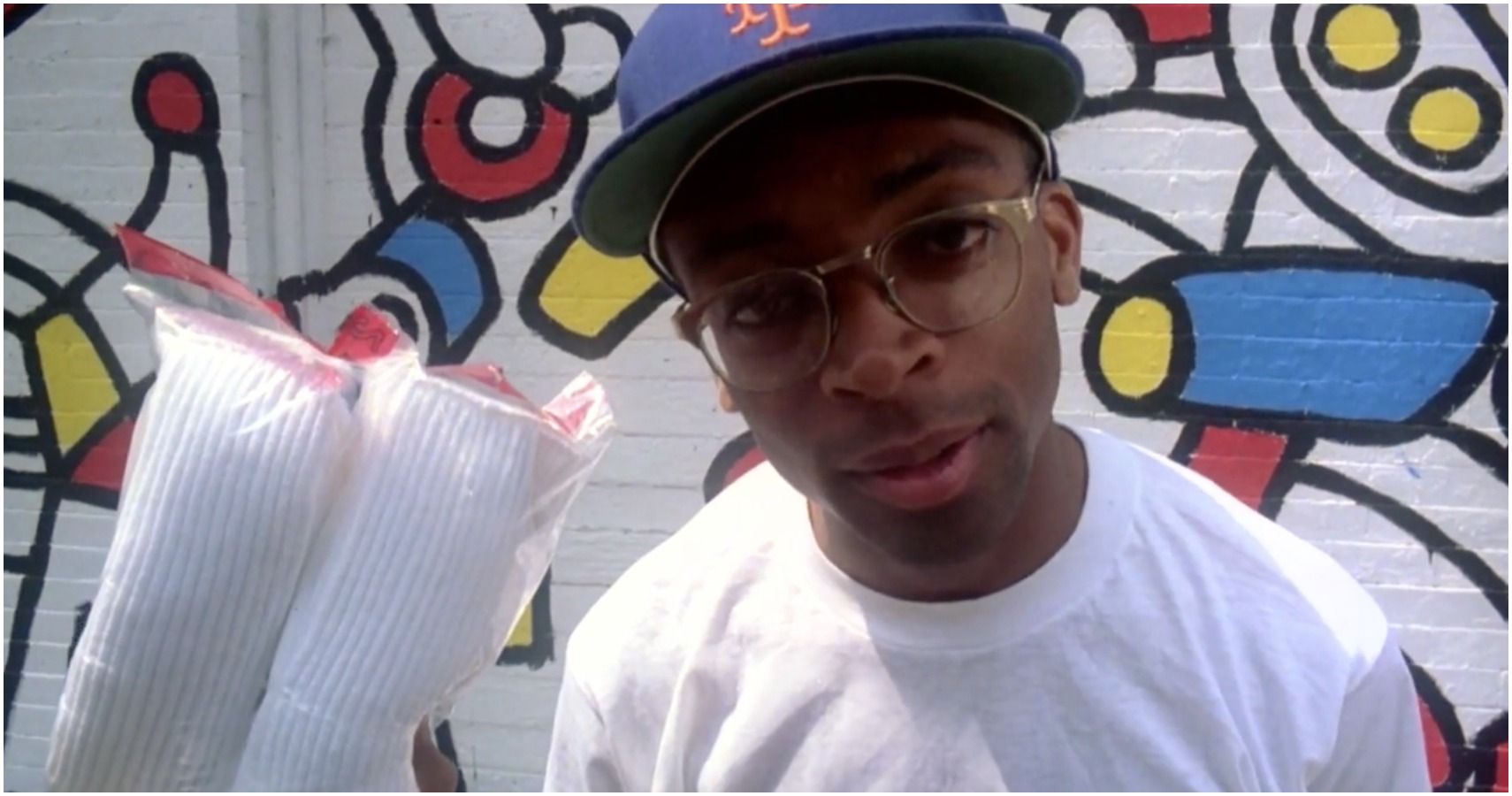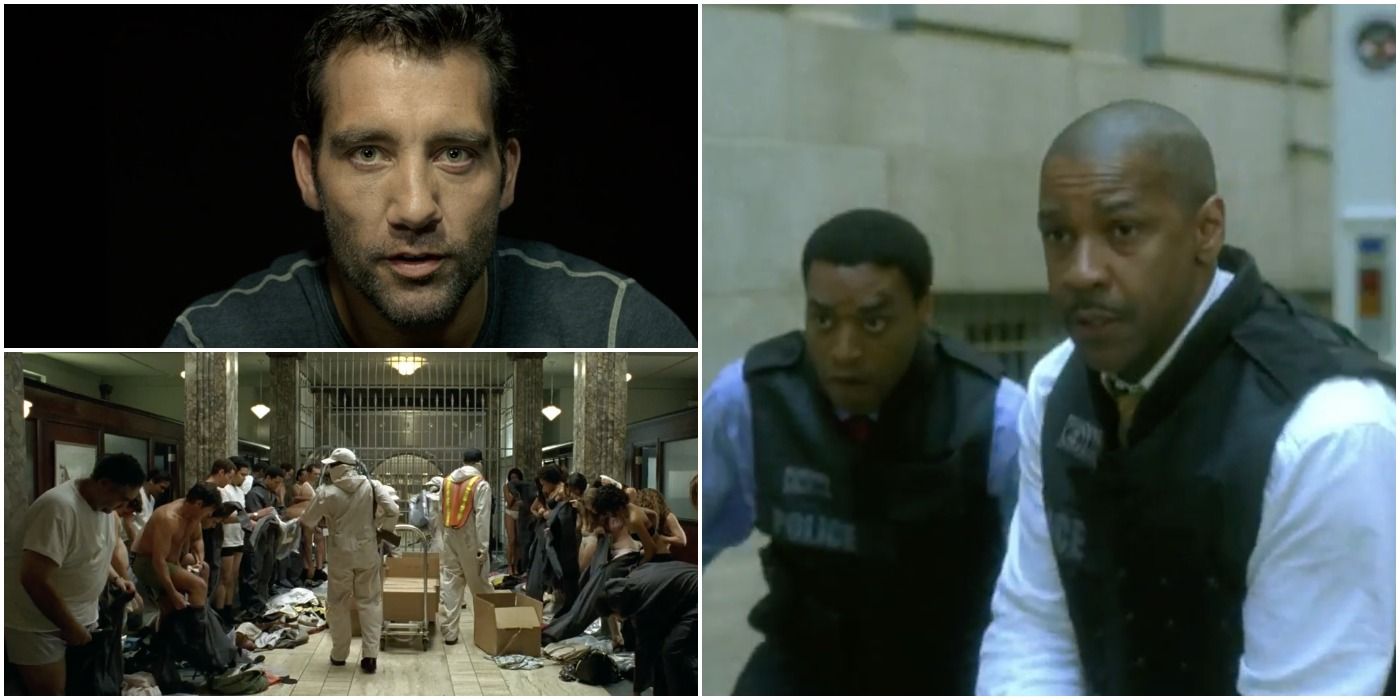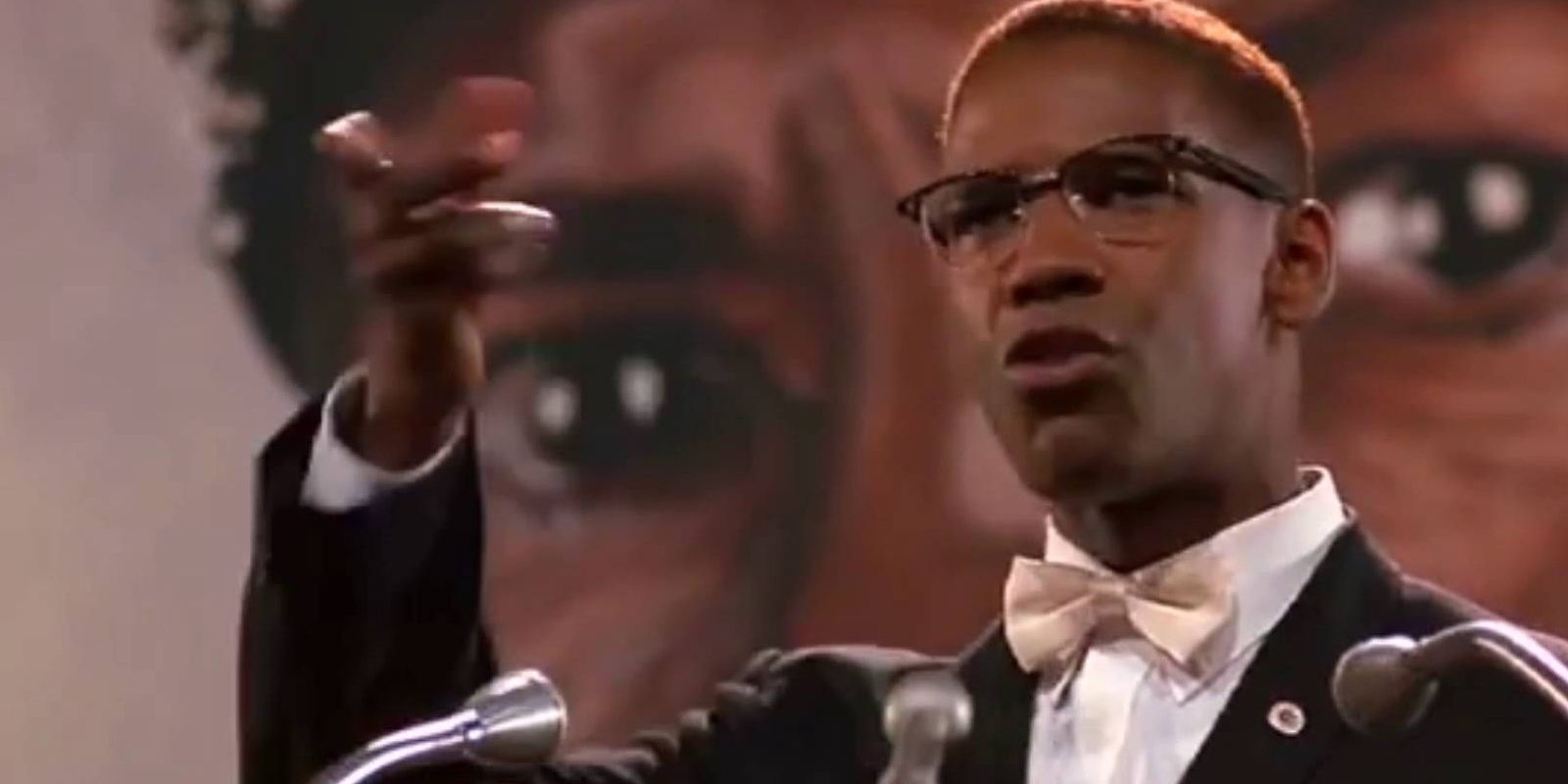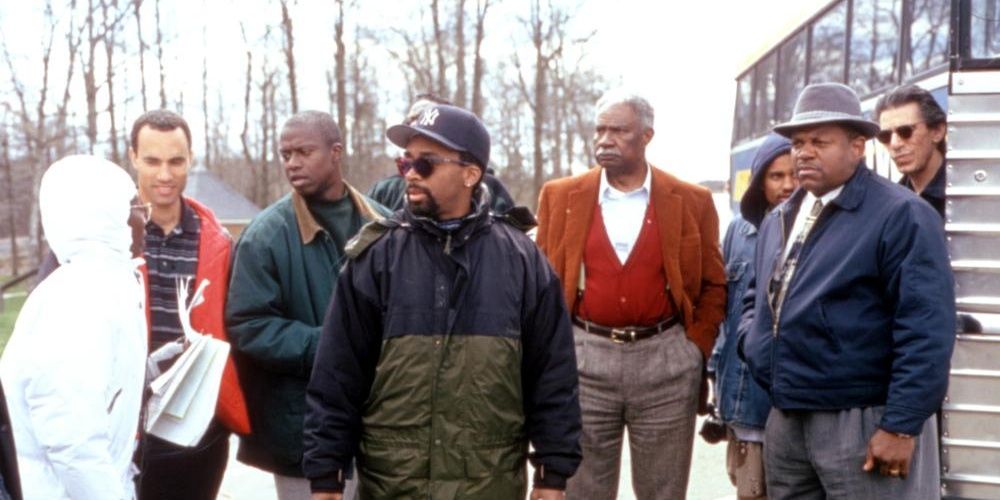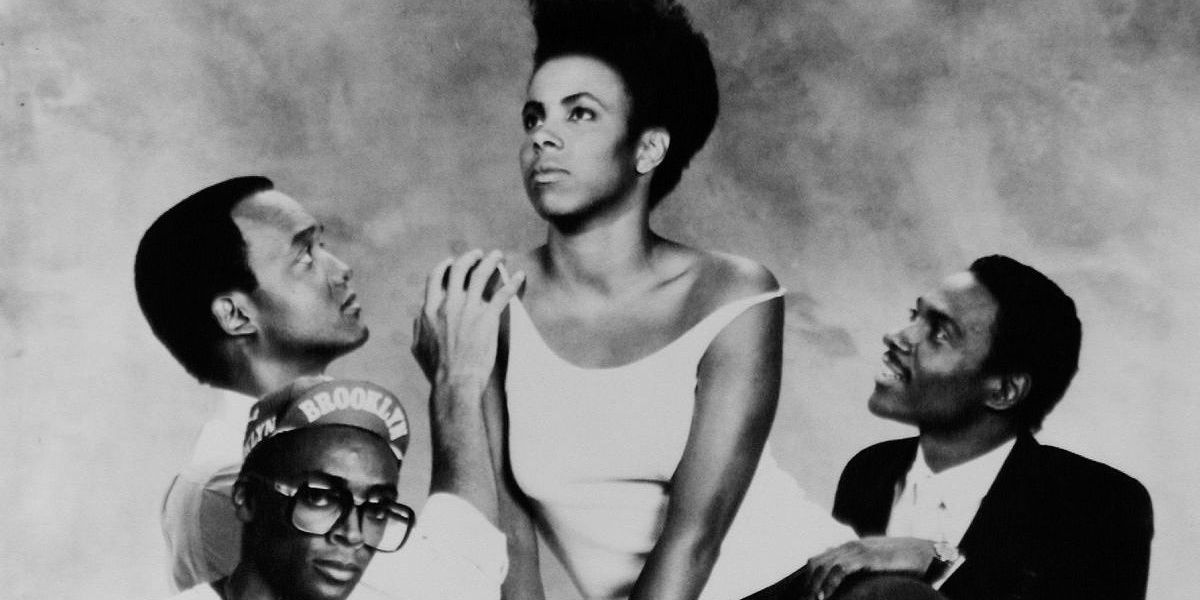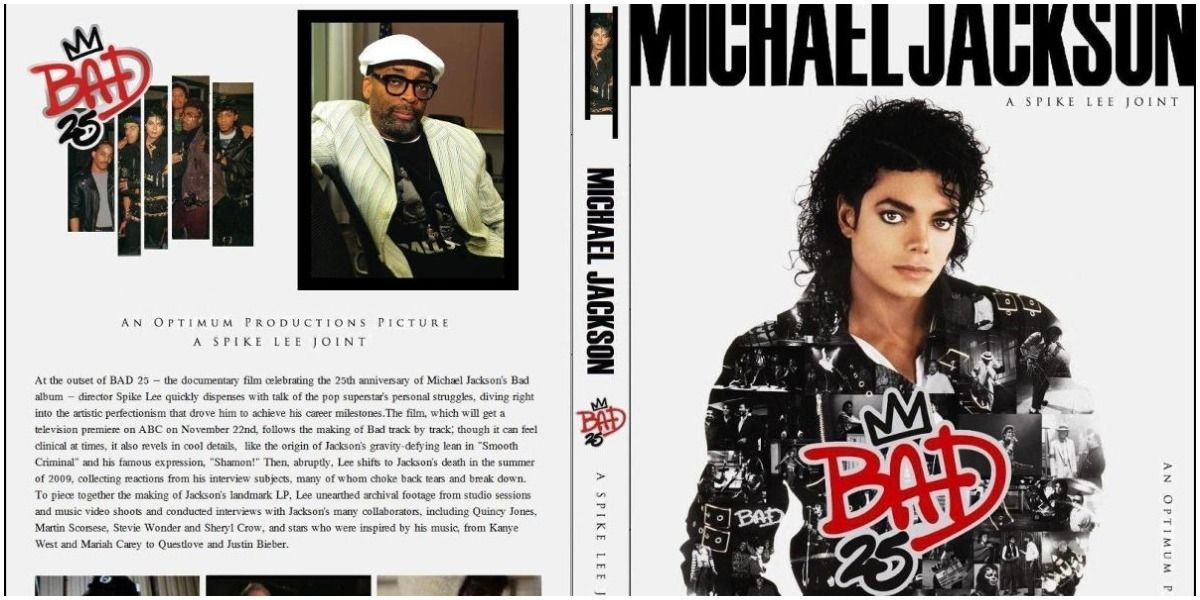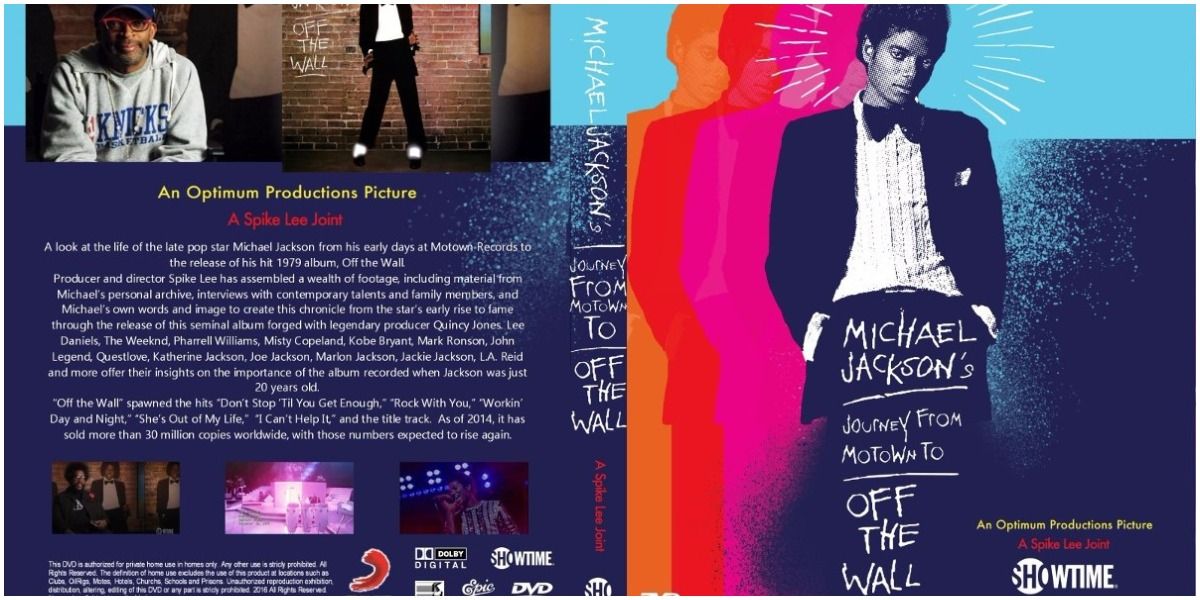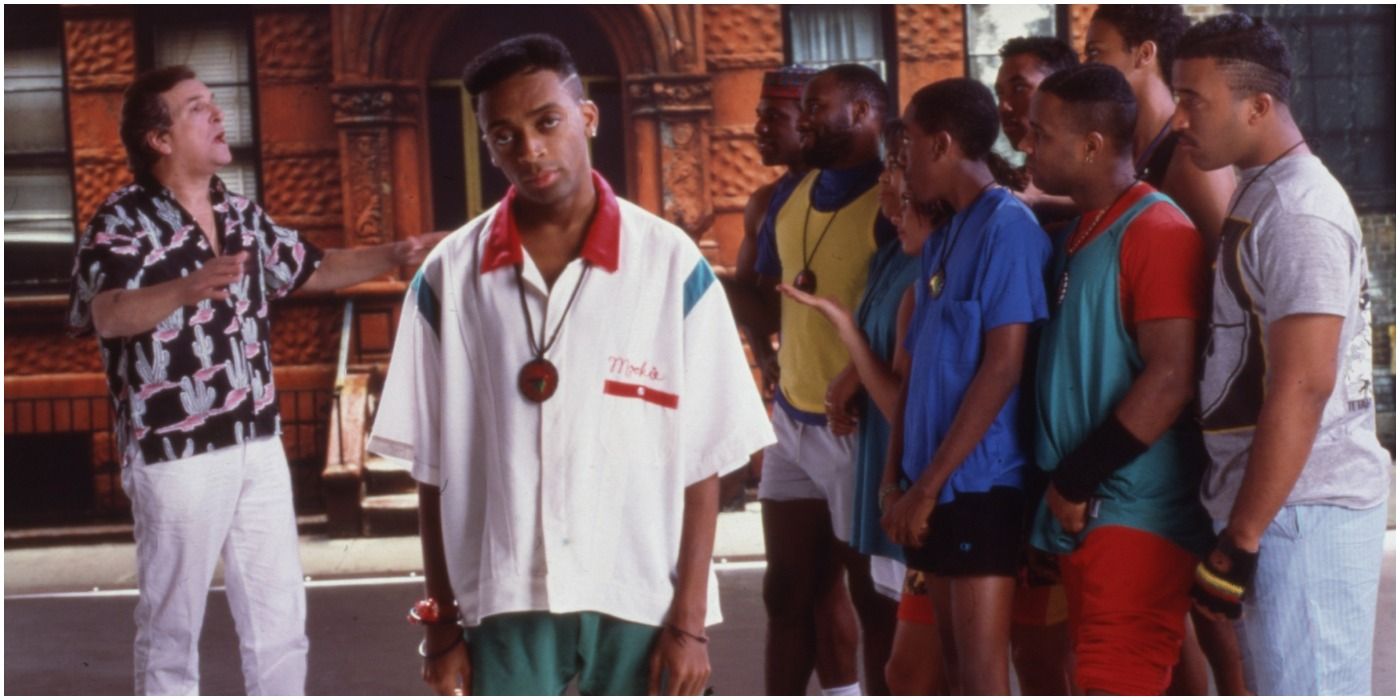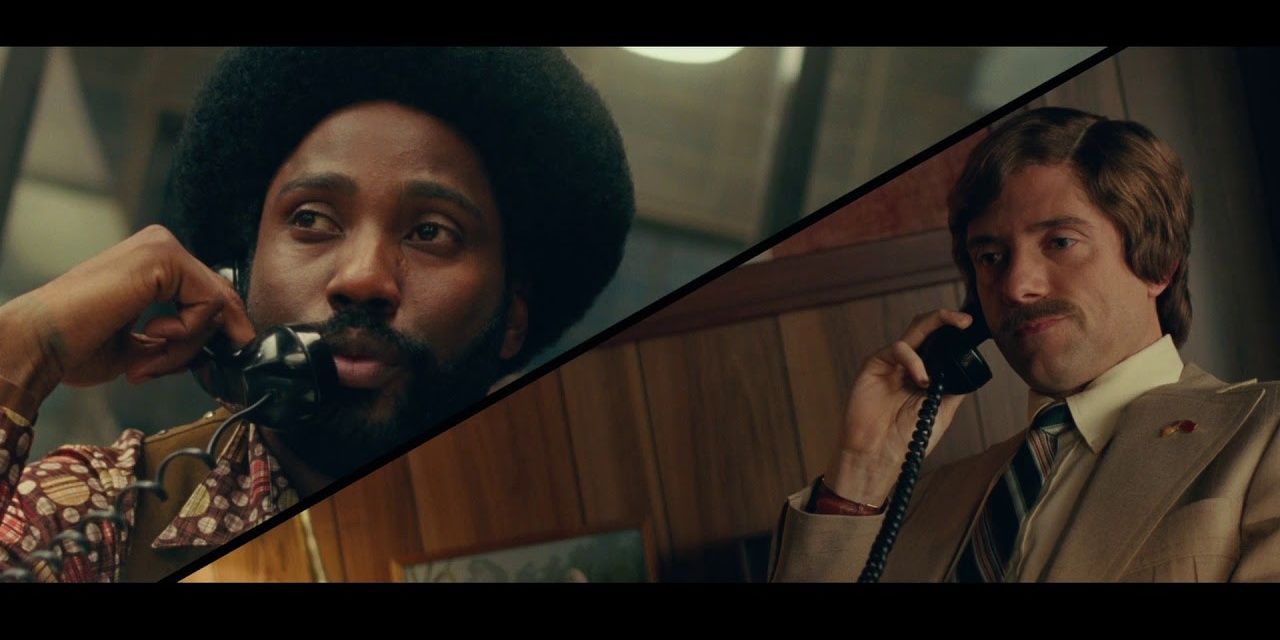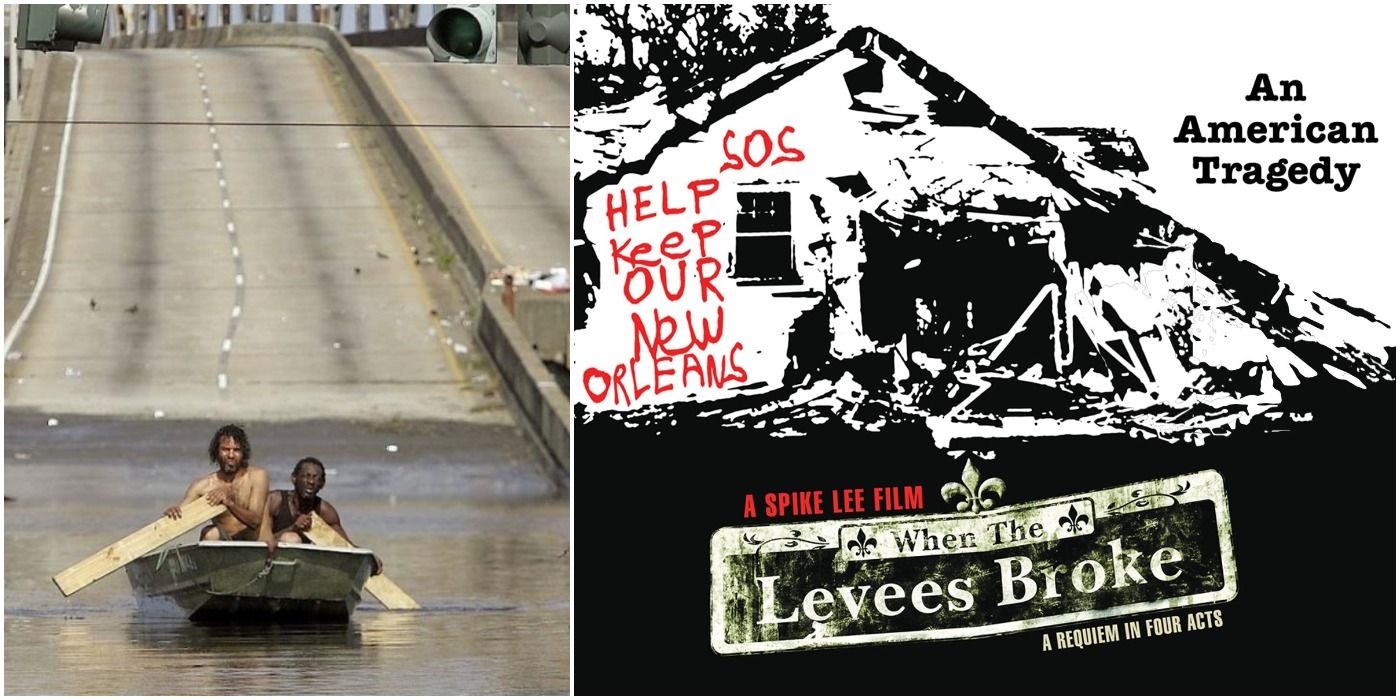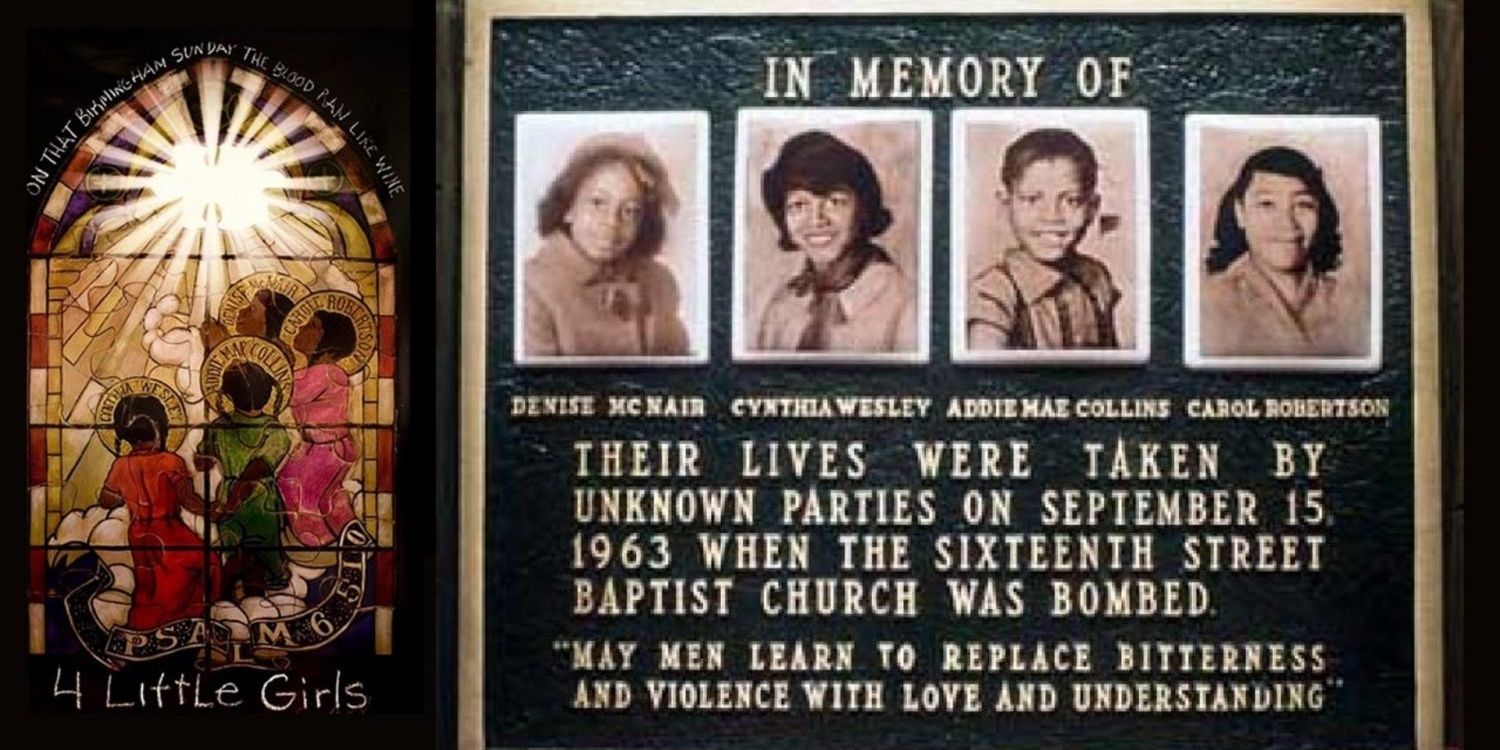It goes without saying that Shelton Jackson "Spike" Lee is one of the most iconic film directors of our time. His movies have explored hard to swallow topics around race, gender, and class in America, something which we're still not yet comfortable talking about. For simplicity's sake, this list will only be focusing on long-form films that he received a director credit for, and narrative films and documentaries alike will be fair game.
Basically, we'll be taking a look at some of the best "Spike Lee Joints" currently out there. That means that his stage shows like A Huey P. Newton Story, Passing Strange, and Rodney King won't be appearing on this list at all. The man's done so much that we still can't believe that he just won his first Oscar in 2019!
Inside Man (86%)
The 2006 film Inside Man follows a bank robbery on Wall Street that shakes the NYPD to its core. This movie basically becomes a giant game of cat and mouse, and every time you think Detective Keith Frazier and his comrades get closer to apprehending the bank robbers and saving the hostages, we see that with every move, the bad guys are always five steps ahead. If you thought Dog Day Afternoon was a crazy heist story, you ain't seen nothing yet!
Malcolm X (88%)
It's so easy to get a biopic wrong. We don't have to make a list for this one! Every single person reading this article can probably think of at least one biopic that misrepresented its subject. Judging by its Rotten Tomatoes rating, you can be certain that Spike Lee knows how to do one right. Malcolm X follows all of the pivotal moments from the life of this controversial activist, including the renouncement of his true surname "Little", his arrest, his conversion to Islam, and most importantly, his assassination. With so much controversy around the film's production and release, it was only natural that Spike Lee had to deliver a product that wouldn't disappoint.
Get on the Bus (88%)
Get on the Bus marks the first Spike Lee-directed film that he didn't act in at all. It follows the story of a group of black men taking a bus ride from Los Angeles to Washington DC in order to participate in the Million Man March. Spike Lee makes great strides to show the infinite amount of differences between black men, from sexuality to religion, as well as upbringing and politics, as well as the shared struggle between them as they all experience the harsh reality of racism after passing through the south.
Not only does this film denounce a monolithic depiction of black men, but truly inspires its viewers to embody the spirit of such an incredible March themselves.
She's Gotta Have It (91%)
The 1986 classic She's Gotta Have It served as Spike Lee's directorial debut and first feature-length film, centered around Nola Darling and her struggle to navigate her relationships with three potential suitors. When the men find out about one another, the pressure to choose between the three of them only rises. At its core, this is a movie that criticizes the polyamory that society often encourages in men, and gives a woman the agency to exercise this privilege as well. Nola becomes one of film's most active female protagonists, and after giving this film one watch, it's easy to see how it launched Lee's career into the limelight. Not only can you watch the original movie on Netflix, but you can also catch the modern series' first two seasons afterward!
Bad 25 (92%)
It's no surprise that Spike Lee was a fan of Michael Jackson. Who wasn't!? His first documentary about the late and great icon includes behind the scenes clips from the tour, album recording, and music video production for Michael Jackson's album Bad, which you should be familiar with unless you were born after Billie Ellish, and even then, that's not a good enough excuse.
Michael Jackson's Journey From Motown to Off the Wall (93%)
Michael Jackson was a figure shrouded in just as much mystery as he was controversy. Fans of the late singer know just how much drama surrounded allegations during the years leading up to, as well as immediately after, his death. Spike Lee's documentary Michael Jackson's Journey From Motown to Off the Wall followed Michael Jackson's transformation into a rockstar with the creation of his album Off the Wall. Not only did Spike Lee want to highlight an album other than Thriller, but he wanted to focus on what made Michael Jackson a star in the first place: the music.
He made the decision to exclude the controversy surrounding the King of Pop's life, instead giving artists like The Weeknd, Stevie Wonder, and Questlove an opportunity to speak about the role Michael Jackson played in each of their musical careers, highlighting just how much Michael influenced the music we listen to long after he passed.
Do the Right Thing (93%)
Many avid Spike Lee fans argue that this film should've won him an Oscar back when it was released in 1989. The film takes place during one of the hottest summers in Brooklyn, and while the temperatures rise in a Bed-Stuy neighborhood, so does the racial tension. Spike plays the main character, Mookie, a young pizza delivery man who works for an Italian-owned pizzeria that later becomes the scene of a traumatic event. This film incites dialogue about racially-motivated microaggressions, especially in big cities like New York, where multiple people from all walks of life are forced to coexist despite their prejudice.
BlacKkKlansman (96%)
Jumping 30 years into the future from the last entry, the 2018 hit BlacKkKlansman, based on the 2014 memoir Black Klansman written by Ron Stallworth, tells the story of Ron, Colorado Springs Police Department's first black officer, as he leads an operation to infiltrate the Ku Klux Klan using his white-sounding name and voice while using his partner as a physical stand-in. Eventually, he uses his inside-intel to foil a terrorist attack at a civil rights rally. Instead of giving us this neat, clean ending, Spike Lee chose to insert clips from the 2017 Charlottesville Unite the Right rally, a signifier that the fight that Ron Stallworth was fighting back in the 70s is far from over as we gear up for a new decade. This film won Lee his first Oscar for "Best Adapted Screenplay", and we can't be happier that such a monumental film received such an amazing honor.
When the Levees Broke: A Requiem in Four Acts (97%)
Sheila Nevins, former chief of HBO's documentary unit, described this film as "one of the most important films HBO has ever made". Over a decade later, we couldn't agree more. This documentary follows the aftermath of New Orleans after the devastation caused by Hurricane Katrina, featuring interviews from politicians, journalists, engineers, and even victims of one of the worst natural disasters in the United States.
The most important point that the documentary strives to make is that the disaster was fully preventable and that the levees that failed during the flood were designed poorly by the United States Army Corps of Engineers. It's a film that holds those responsible to an accountable standard, something that most directors, unlike Spike, are afraid to do.
4 Little Girls (100%)
While When the Leeves Broke was Spike's third documentary, his first documentary happens to be his highest-ranking film known to date. 4 Little Girls tells the story of one of the most tragic murders in American history, following the 1963 16th Street Church bombing in Birmingham, Alabama that resulted in the deaths of four young girls. Lee tells the story of this horrific disaster through interviews with friends, family, government officials, and civil rights activists. As with films like BlacKkKlansman and Malcolm X, Lee parallels the past to the present, highlighting churches being burned down in 1993, evidence that we still have a long way to go before we attain the peace that's been due to us for centuries.

